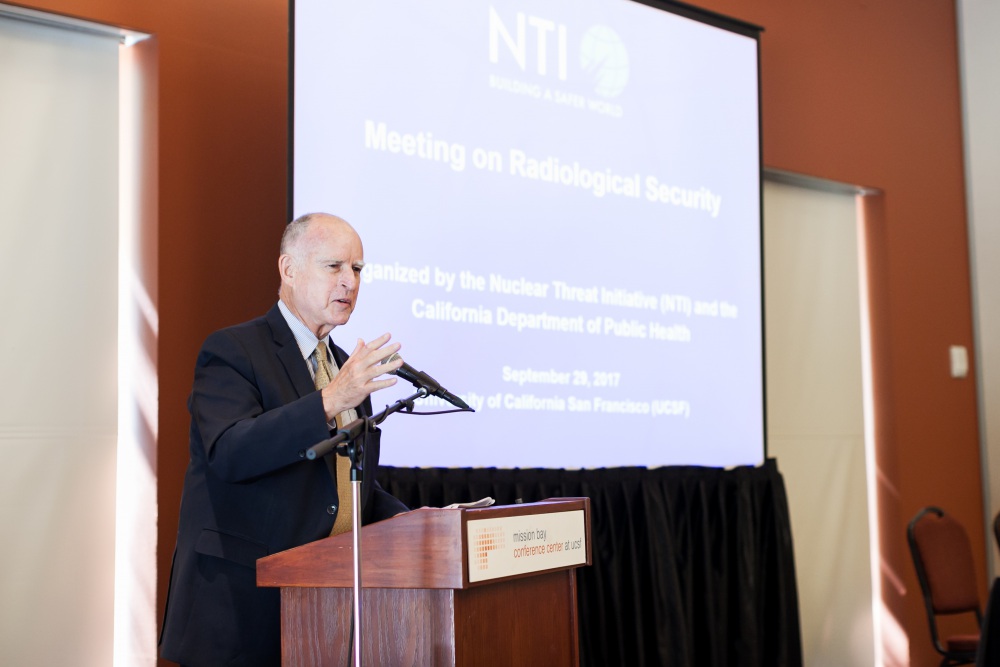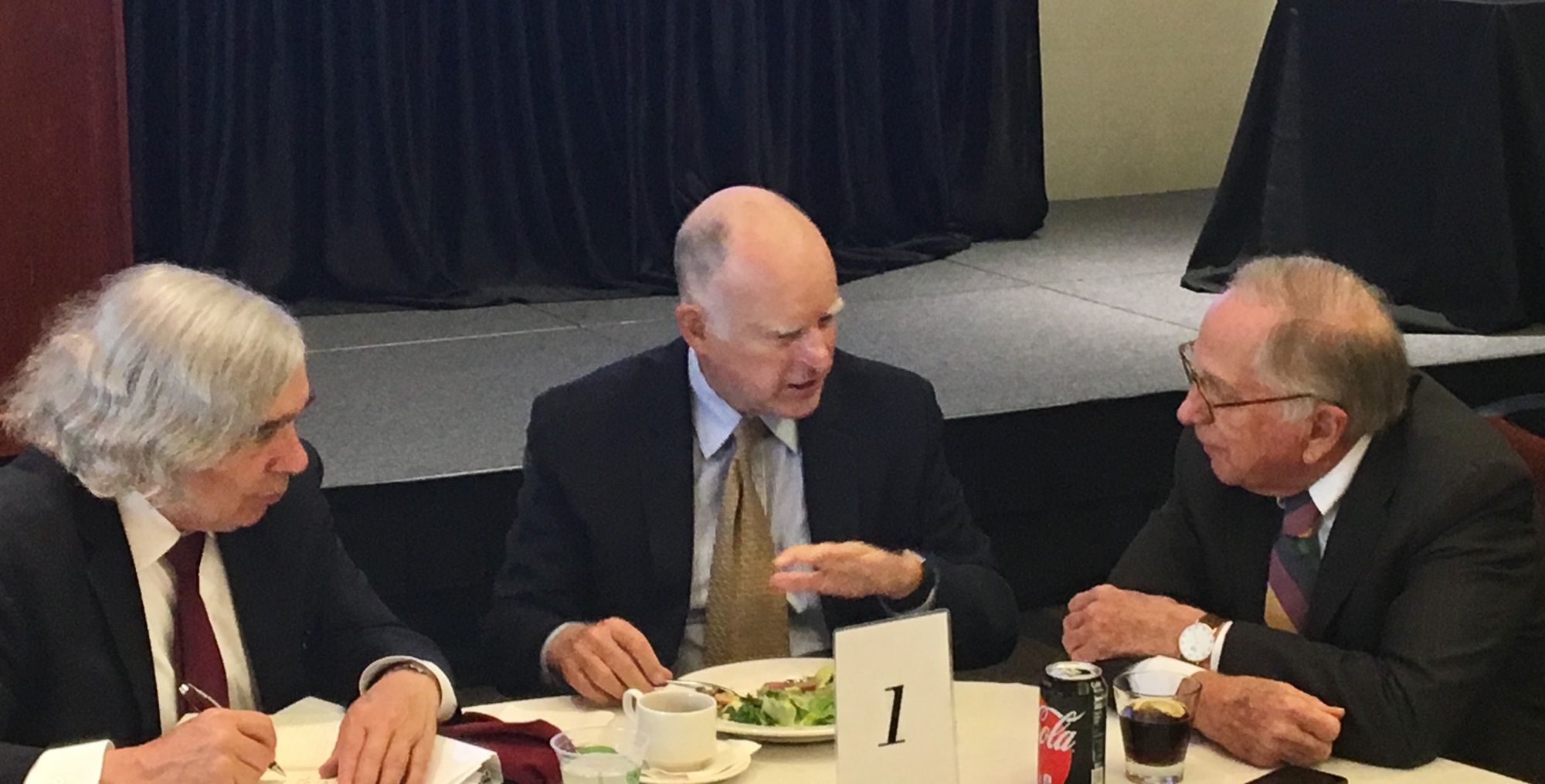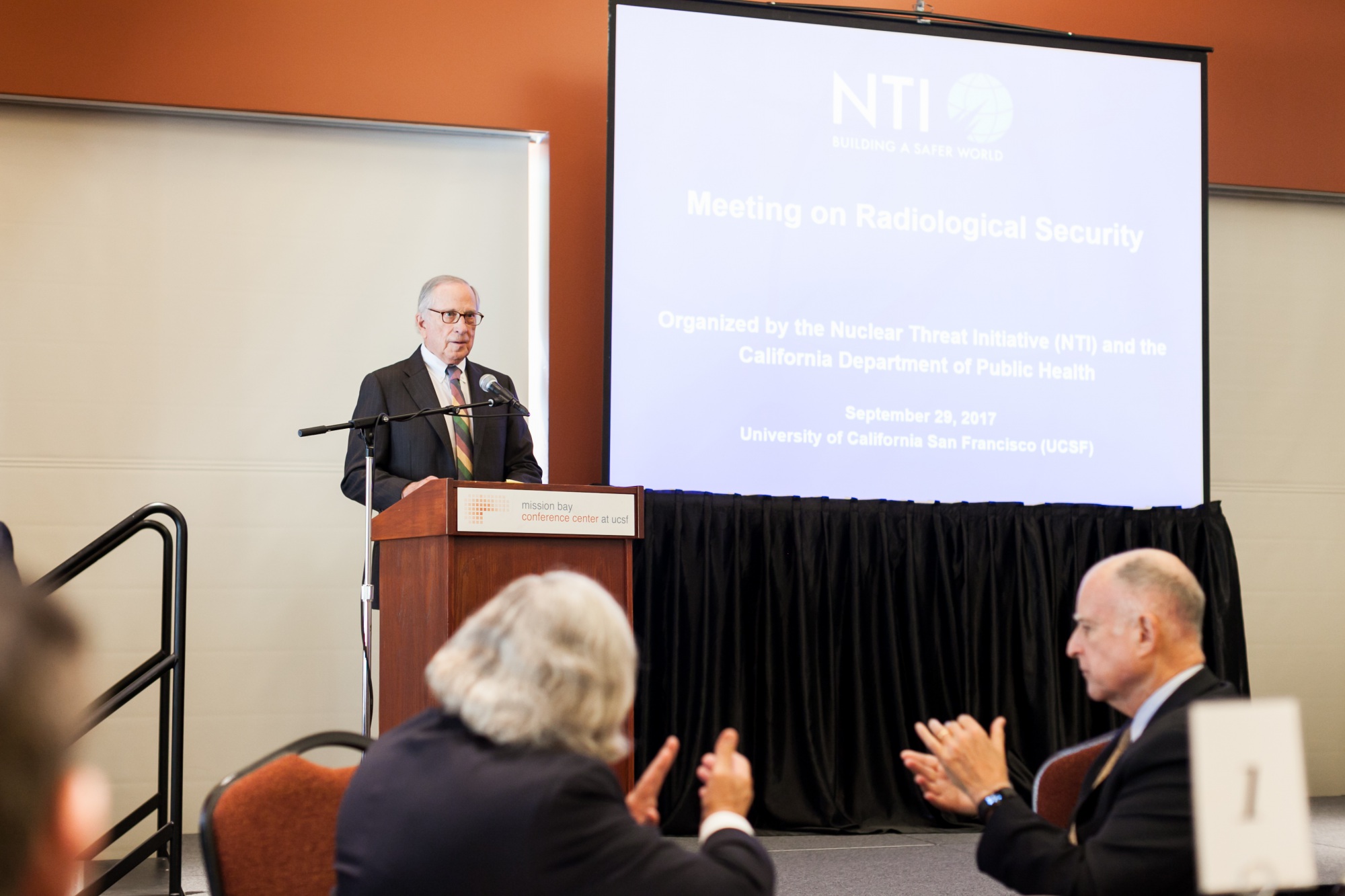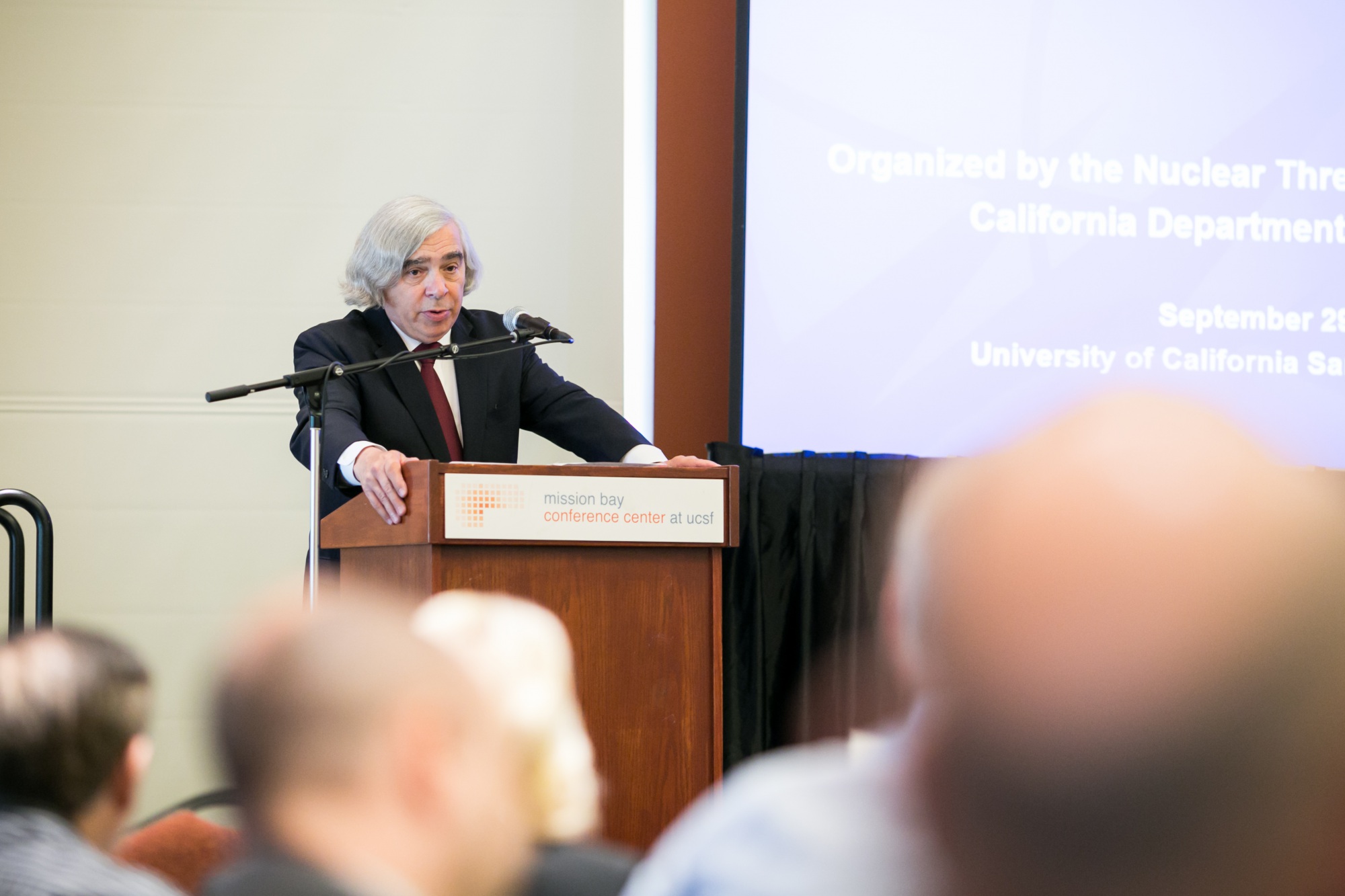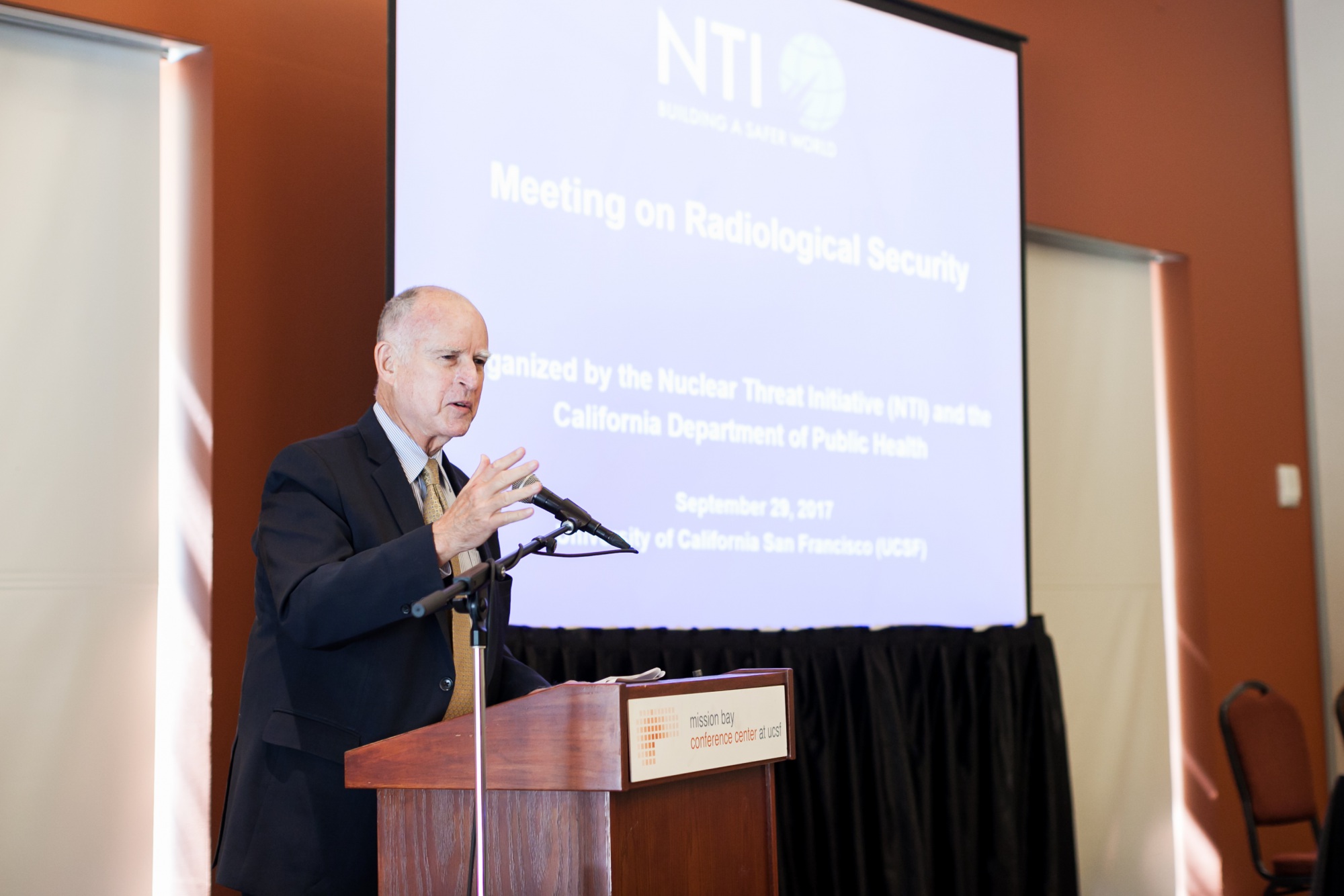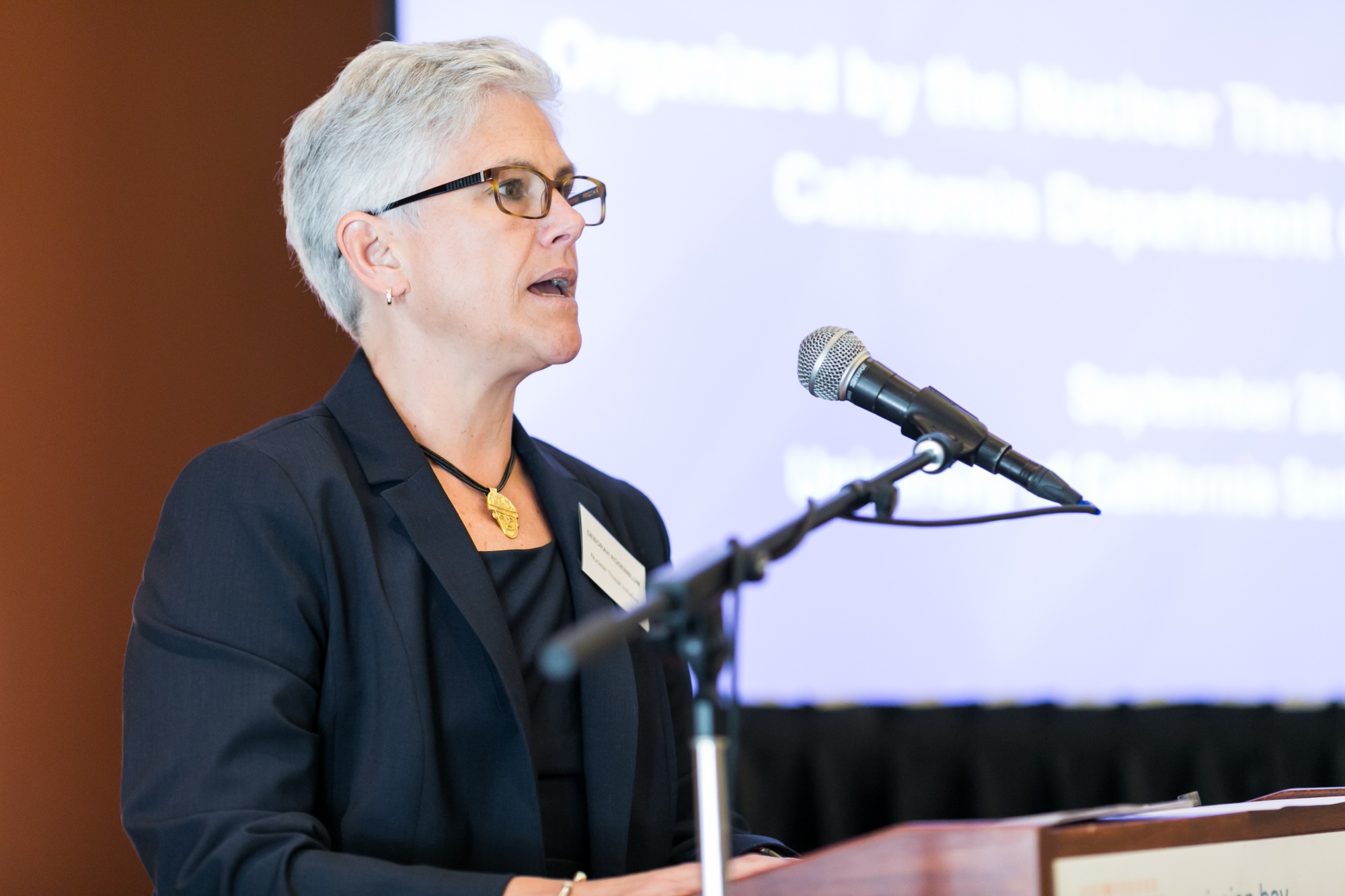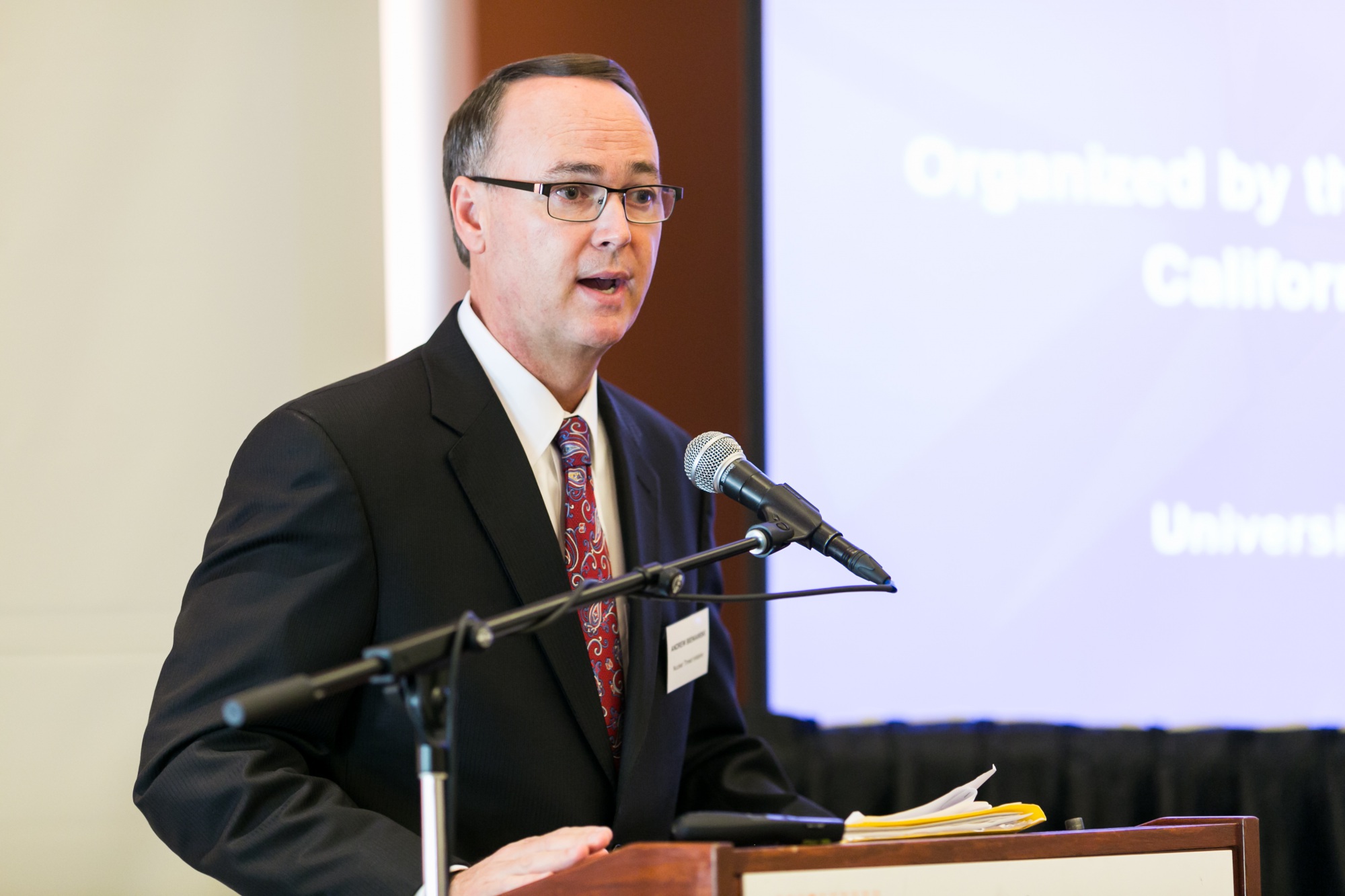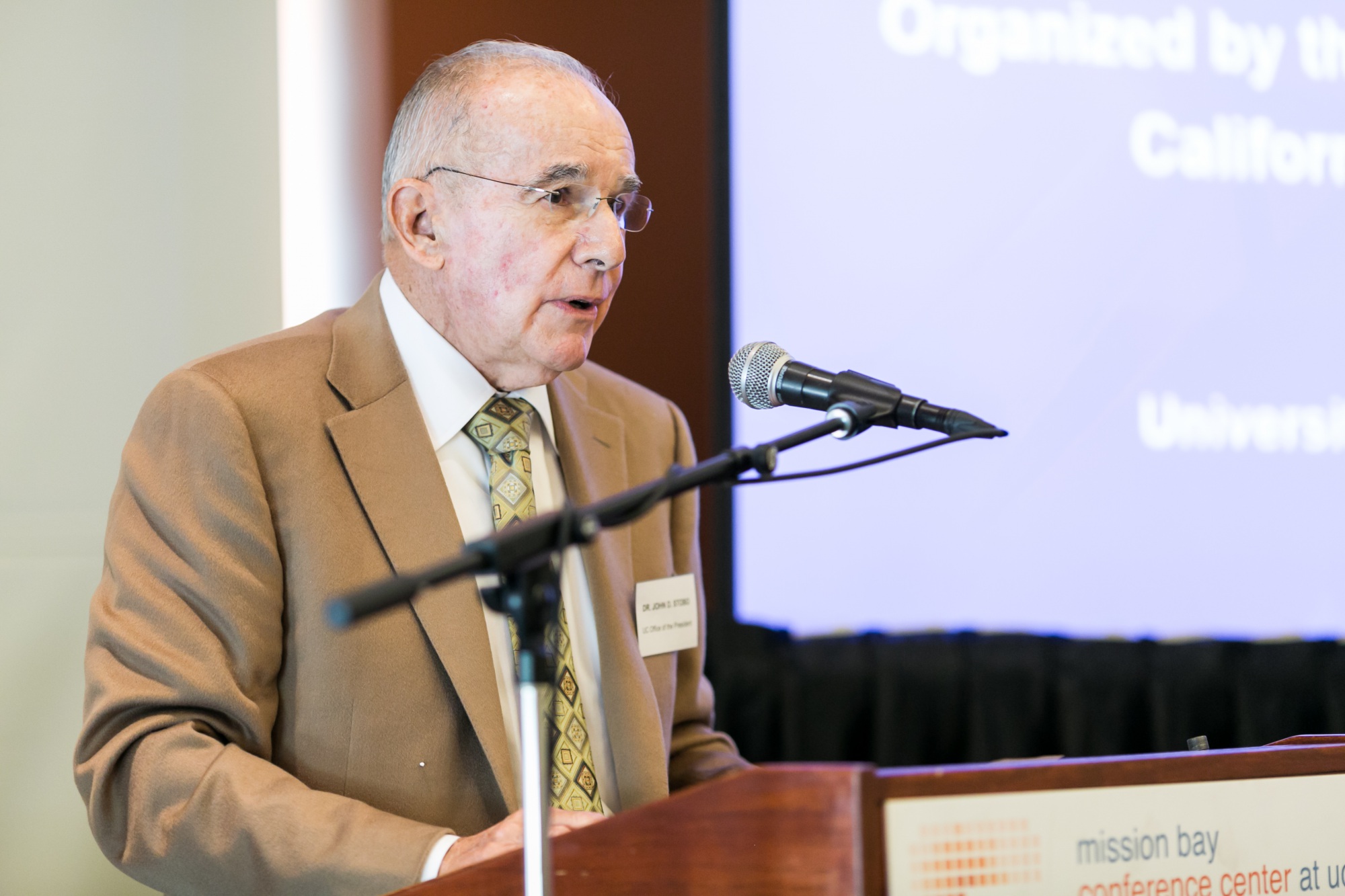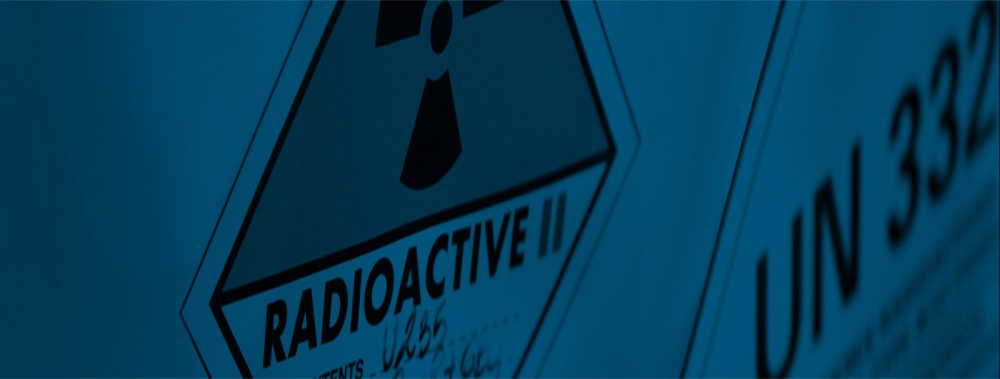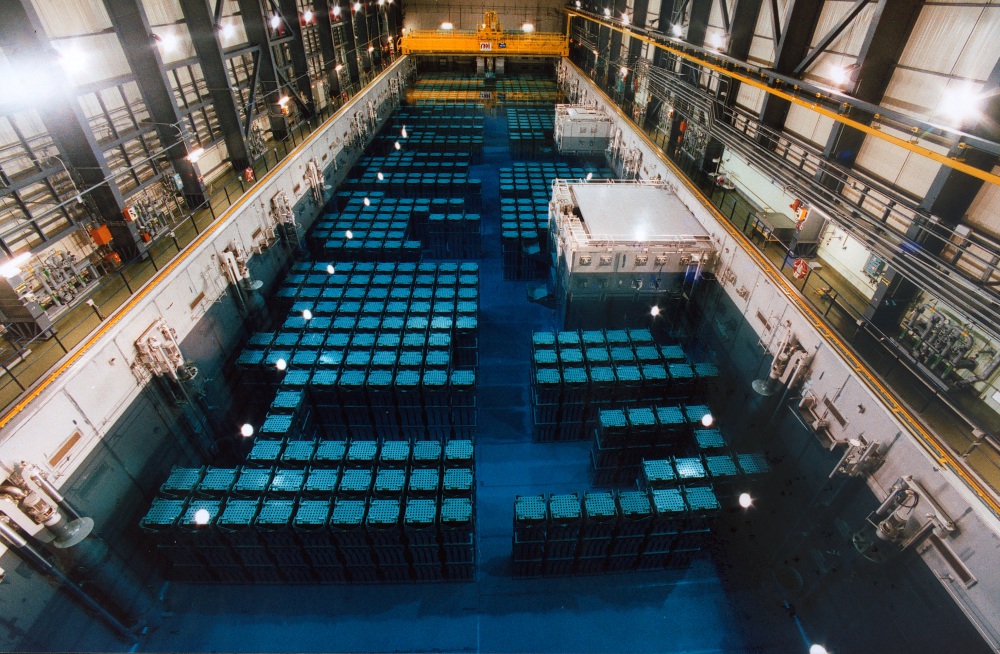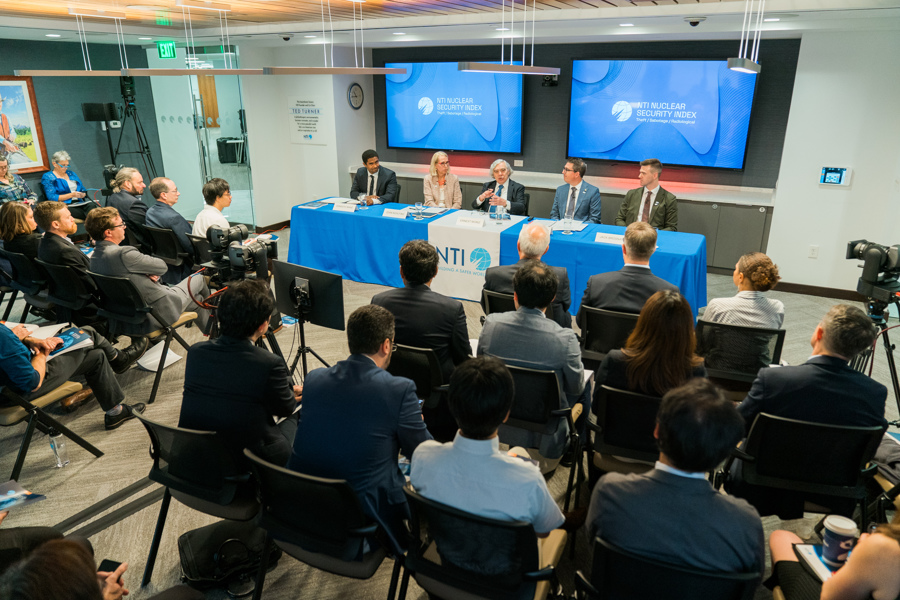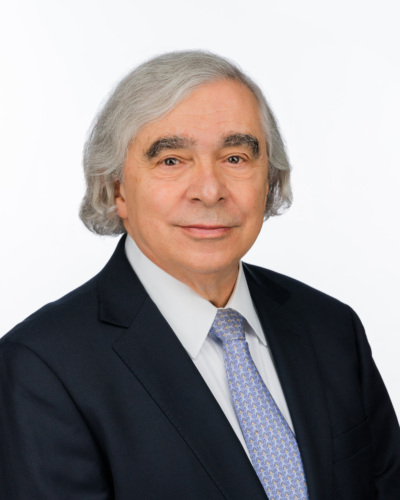
Ernest J. Moniz
Co-Chair and Chief Executive Officer, NTI
SAN
FRANCISCO – The Nuclear Threat Initiative (NTI), in cooperation with NTI Board
Member California Gov. Edmund G. Brown Jr. and the California Department of
Public Health, hosted a private meeting last week with more than 80 hospital,
university and business leaders, as well as officials from across the state
government to make progress on reducing the risks posed by radiological materials.
NTI is working with the State of
California to devise strategies to secure and/or replace high-activity
radiological sources that could be stolen and used to build radioactive “dirty
bombs.” These materials can be found at hospitals and other medical facilities
in California and around the country.
“We are here today to talk about replacing
Cesium-137 blood irradiators with x-ray devices that don’t have the same
security risks,” Brown said at the gathering. “There is an insufficient
awareness of the real risks associated with Cesium-137 and the alternatives
that are available.”
“The State of California has been an
outstanding partner in the effort to reduce radiological risks and prevent the
dangerous misuse of material that could be used to build radioactive ‘dirty’
bombs,” said NTI Co-Chairman Sam Nunn. “We appreciate the participation and commitment of
private-sector and government leaders to work together on this important
initiative.”
“There is an opportunity to replace
Cesium-137 blood irradiators with alternative x-ray technologies at a
reasonable cost,” NTI Co-Chairman and CEO Ernest J. Moniz commented at the
meeting. “We are prepared to work with Congress, the administration, and others
to help promote the goal of phasing out all Cesium-137 blood irradiators in the
United States by 2025.”
Participants learned about
radiological risks and risk mitigation in California, a state with a large
number of high-activity radiological sources often used in medical and research
equipment. The meeting highlighted steps that can be taken to better secure
these sources and, where feasible, replace them with safe and effective
alternative technologies. U.S. Department of Energy representatives discussed
federal programs that provide incentives for conversion to x-ray devices and
the removal/disposal of disused sources. Participants also reviewed efforts underway
at other hospitals and medical facilities, particularly in New York, to replace
blood irradiators with radioactive Cesium-137 sources with safe, effective,
alternative x-ray technologies that cannot be used to make dirty bombs.
In addition to Brown, Nunn, and
Moniz, other participants included senior officials and representatives from
the California Department of Public Health, the University of California, the
U.S. Department of Energy’s National Nuclear Security Administration, Sandia
National Laboratories, the University of Southern California, and New York’s
Mount Sinai Health System.
NTI works closely with numerous
government and industry stakeholders to address the growing radiological
threat. Among them: the Office of Governor Brown, the California Department of
Public Health, New York City’s Department of Health and Mental Hygiene, Mount
Sinai Medical Center, Emory University Hospital in Atlanta, and the U.S.
Department of Energy’s National Nuclear Security Administration and its Office
of Radiological Security.
NTI
is grateful to Walter and Karen Loewenstern for their generous financial
contribution to make this workshop possible.
For more information,
visit “Preventing a Dirty Bomb.”
CONTACT:
Cathy Gwin (NTI)
202-454-7706, [email protected]
Sign up for our newsletter to get the latest on nuclear and biological threats.
The workshop is a key component to continued progress in radiological security after the fourth and final Nuclear Security Summit.
NTI's Radiological Security Progress Report finds that though the vulnerability of radiological sources has caused concern for years, the risk is growing today.
“The bottom line is that the countries and areas with the greatest responsibility for protecting the world from a catastrophic act of nuclear terrorism are derelict in their duty,” the 2023 NTI Index reports.
